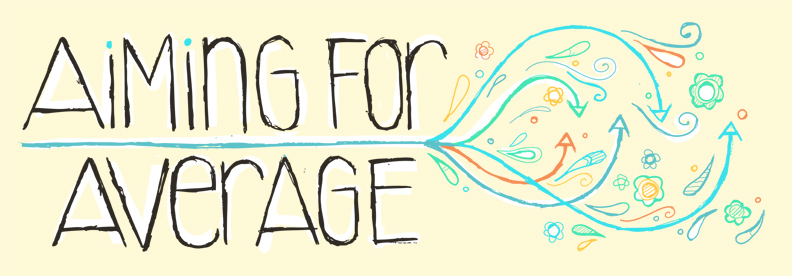Monday marked the 90th anniversary of the first time insulin was used on a human diabetic patient. Thanks to Frederick Banting (hooray for the Canadian connection!), not only is type 1 diabetes no longer fatal, but technological advances since his discovery of insulin have brought us such conveniences as insulin pumps and continuous blood glucose monitors, allowing type 1 diabetics to live long, healthy lives.
But from a global health perspective, this is simply not the case. The number one cause of death in type 1 diabetics worldwide is still lack of access to insulin. Insulin. The magic hormone that gives me life, 9 ½ years after my diagnosis. Yet it is so easy for most of us type 1 diabetics in developed nations to remain thankless for this life-saving hormone, and instead focus on the hardships of living with type 1 diabetes. It is so easy to be flippant with blood sugar control, to indulge in sweets when blood sugars are high, and overcompensate with insulin. How many times have I griped about a high blood sugar, or been annoyed by the paperwork that comes with ordering diabetic supplies? Too many times to count. What are your most common diabetes complaints?
Maybe it is time to take a step back from the luxuries of life in a developed country, and be thankful for the most necessary component of our life: insulin. What would we do without it? You know the answer, and it isn’t happy. But it is a reality for thousands of children with type 1 diabetes in developing nations. For those who have the opportunity to be diagnosed in a hospital, they may have access to insulin, though the access will likely be inconsistent and liable to stop. But many people are unable to even receive a diagnosis, and pass away without ever having known their condition was type 1 diabetes. Without ever knowing that it is a treatable condition.
I realize that there are many complex political, economic and social issues which underlie this inequality between the life of type 1 diabetics in developing versus developed nations, and I don’t believe we should spend all our time being sad about this dismal reality. But knowing it exists may just be enough to shift our perspective on our own diabetes, and maybe from that shift, we can grow a global solidarity of type 1 diabetics. Perhaps together we can invoke change. May we mourn over the deaths caused by type 1 diabetes, but may we also rejoice over the many lives that insulin has saved.
Today, I was thankful for Banting’s discovery of insulin. Were you?
Any facts listed in this post came from the following International Diabetes Federation's article: http://www.idf.org/global-idfispad-guideline-diabetes-childhood-and-adolescence
For an interesting read about Banting's discovery, check out the following BBC article: http://www.bbc.co.uk/news/health-16657425



